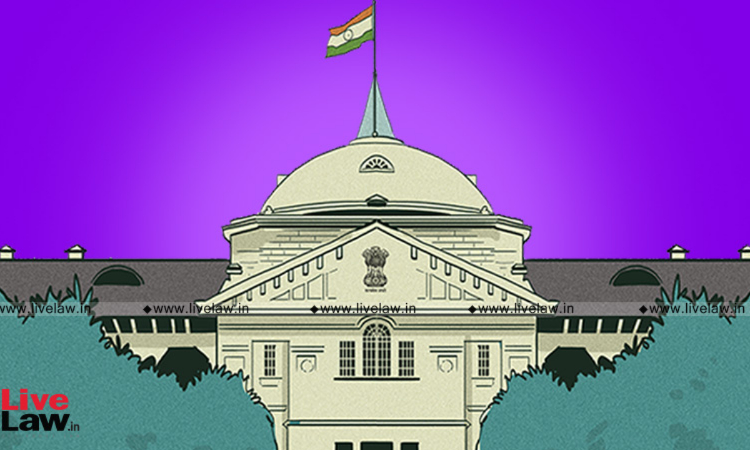Invoking Doctrine Of ‘Parens Patriae’, Allahabad HC Appoints Wife As Guardian Of Husband In Comatose
Upasna Agrawal
9 Oct 2023 10:48 AM IST

Next Story
9 Oct 2023 10:48 AM IST
The Allahabad High Court has invoked the doctrine of ‘Parens Patriae’ to appoint petitioner-wife as the guardian of her husband who is in permanent vegetative state, to meet the ends of justice.A bench comprising of Justices Mahesh Chandra Tripathi and Prashant Kumar held “Mental incompetency is listed as an exceptional circumstance which would justify the exercise of this jurisdiction....
